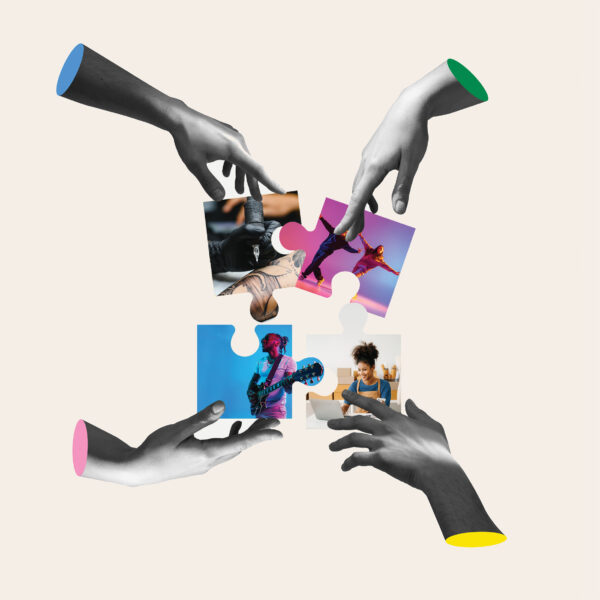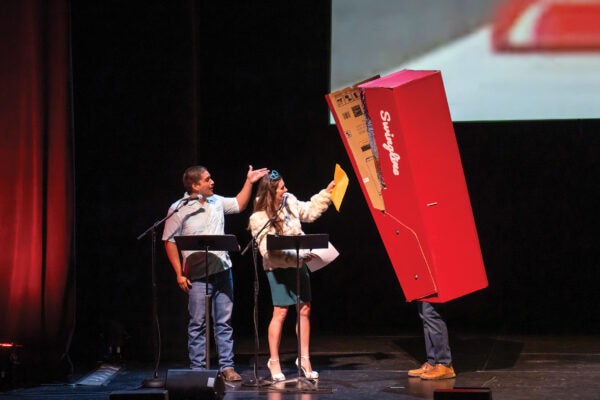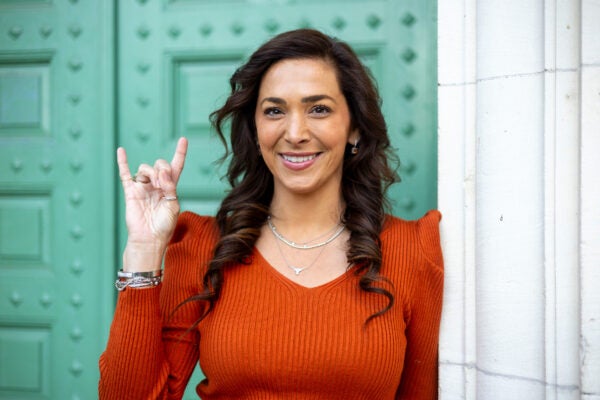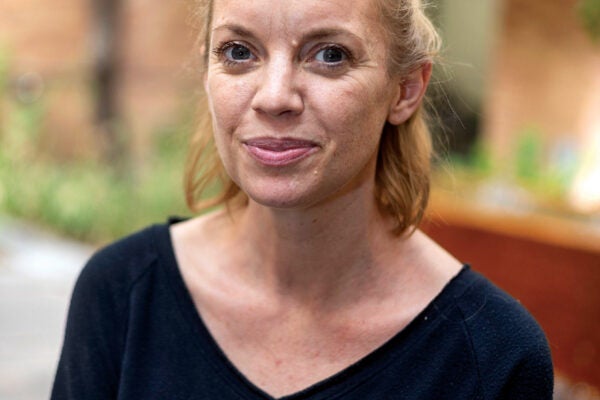When Sonia Montoya graduated from the University of Colorado with hopes of acting onstage or starting a nonprofit, she felt unsure about what she needed to do to make that happen. Even after receiving a master’s degree in public policy from Harvard, she wanted more tangible lessons to feel empowered in pursuing her career.
As director of the recently rebranded Center for Creative Economies, Montoya now helps students at the College of Fine Arts learn crucial skills and develop their own businesses. “Our mission is to make sure that students engage with not just the artistic aspects (of their careers), but the cultural, the economic and the technological,” she says.
While the program was previously known as the Center for Creative Entrepreneurship, its name and goals changed recently to allow for a greater range of internships and workshop topics. The staff of entrepreneurship supporters will continue to aid students, but there will now also be lessons that cover other facets of a creative career — philanthropy, practical career tips, management of personal finances and more.
Montoya joined the center in January 2023 and says she has big plans for the growing program. Under Montoya and her team, the center is offering various hands-on workshops and mentorship programs to prepare students for the competitive world after college. Want to be a tattoo artist? There’s a workshop for that. Need to network with fellow dancers? There’s an event for that as well. Even if students just would like to learn how to not be a starving artist or how to do taxes for a new business, there will eventually be lessons that can help guide their next steps.
“The center was started to empower students to pursue whatever creative career or careers they have chosen for themselves, to show them the myriad of opportunities,” Montoya says.
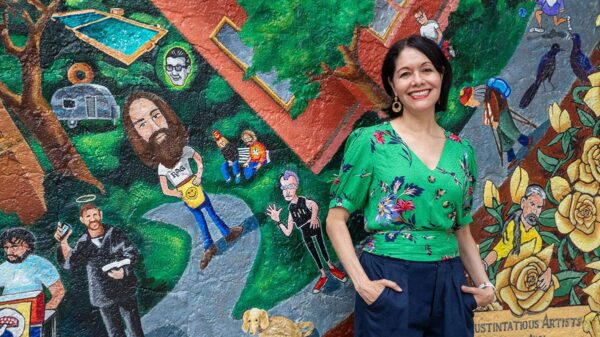
When she graduated with her degree in literature, she didn’t feel ready for the challenges often posed by beginning a career in the arts, Montoya says. Although Austin is a hub for art and creative career paths, she says learning how to survive and follow your aspirations takes a lot of trial and error that can take many years to sort through. What fine arts students learn in the classrooms is vital to their growth, but students are not always educated on the economies they will soon have to rely on, Montoya says.
“I remember how alone I felt when I graduated. I know from personal experience that students need more than what they get in the classroom,” she says.
The program’s coordinator, Ting-Ting Chen, says the team is trying to build a community around the center and get the word out about all it offers to young creators, scholars, performers and curators. Chen says that a career in the arts can be very fulfilling and lucrative, but she thinks students need information about their chosen careers to avoid being taken advantage of.
“We want to expose students to career pathways, taking into account the current economy, culture and technology,” Chen says. “No one’s major exists in a vacuum.”
One method the center uses is mentorships for the various fields within the fine arts college. To bring attention to the center’s work in the Live Music Capital of the World and to help students who want to be musicians, experienced songwriter Darden Smith has become the center’s first songwriter in residence.
Smith is an alumnus of UT who built a distinguished career writing lyrics and music for himself and legendary artists such as Stevie Nicks. He has spent his life studying and creating music and says that without professional help and advice, the music industry can be unforgiving.
“There’s no rulebook. Most artists know what they want to do, but they have no idea how to do it,” Smith says.
Smith emphasizes the importance of creativity in any career path. While the center mainly directs its services to students studying fine arts, it is open to all students at UT. Smith says people can apply the approaches to starting a business in music to other fields as well.
“The same ethics that I use to make a living as an artist are the same thing entrepreneurs use to start a company,” Smith says. “Same amount of effort, same approach to money, same approach to failure.”
Smith says that if the center could only teach one thing to students, it would be self-confidence.
“Trust yourself,” Darden says. “Just trust yourself. Commit to yourself 100%.”
